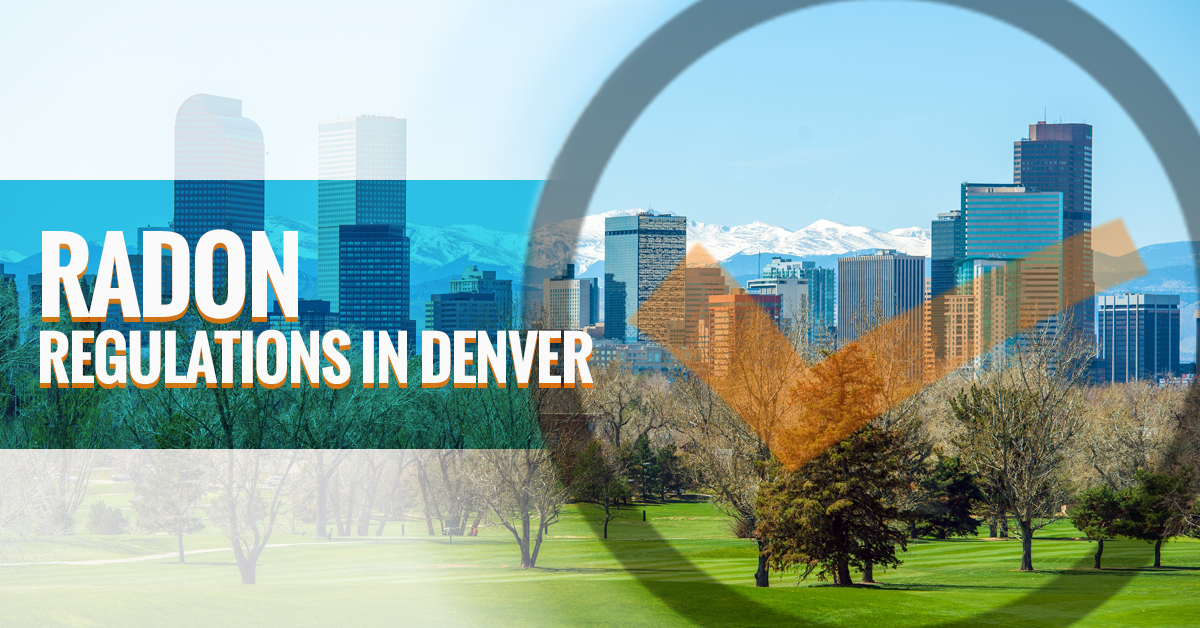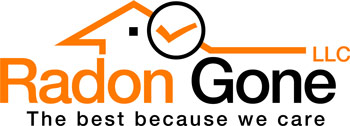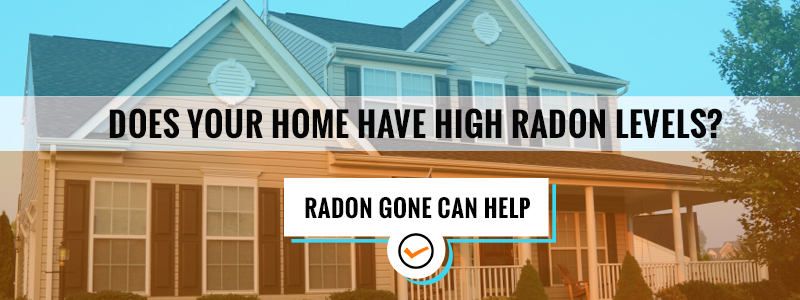
Radon is an odorless, colorless, and tasteless gas that has been shown to cause cancer and other negative health effects — and, unfortunately, it’s fairly common in Denver and across most of Colorado. According to the Denver Department of Public Health and Environment, three out of four Colorado homes have radon levels high enough to fall into the EPA’s “Zone 1” radon levels ranking. This means that three-quarters of Colorado homes potentially have 4 pCi/L (4 picocuries per working level) or more, which is a dangerously high level of radon. So, what does that mean for you?
High Radon Levels
Airborne radon is the second highest cause of lung cancer across the nation. And, due to the geology of our fair state, Colorado homes are at a higher than average risk of having high levels of radon. Radon is a natural byproduct; uranium decays into radium, and radon is one of the byproducts that occurs from radium’s natural decay process. What this means is that, because of the prevalence of uranium/radium in Colorado, radon is commonly found in our soil, rocks, and water. From there, radon gas can leak up through cracks in your home’s foundation and fill your home. And though you might think otherwise, new homes are just as susceptible as older ones. So what can be done about it?
Testing
Neither Denver nor Colorado as a whole have any specific regulations in place regarding radon mitigation. If you worry about the levels in your home, it will be up to you to test and take appropriate measures. Fortunately, there is an easy and low-effort way to test your home’s radon levels. You can get a radon test kit from your local radon mitigation company. The home test will need to sit in one of the more commonly used rooms in the lowest level of your house (i.e. living room, kitchen, or basement den) for the directed length of time. During the testing period, all windows and doors will need to stay closed (except to go in and out of the home), and all fans that bring a lot of air in and vents that let a lot of air out will need to remain off/closed.
Once the testing period has been completed, it will need to be sent off to a radon testing lab for processing. When choosing a radon test kit, it’s important to read the fine print. Many of the lower-priced tests do not include the lab testing fee, and without that, the test itself doesn’t do any good. Here at Radon Gone, our test kits include the lab testing fee in the cost.
Mitigation
After lab testing, you’ll be provided with the results, which will measure the radon levels in terms of picocuries per working level. According to EPA guidelines, 2 to 4 pCi/L is cause for concern and will need to be monitored regularly if you choose not to mitigate. Anything over 4 pCi/L means you should take action. There are no specific regulations regarding radon mitigation in Colorado, but 4 pCi/L is the EPA’s suggested action level.
For radon mitigation in Broomfield or across Denver, contact the Radon Gone team today!

